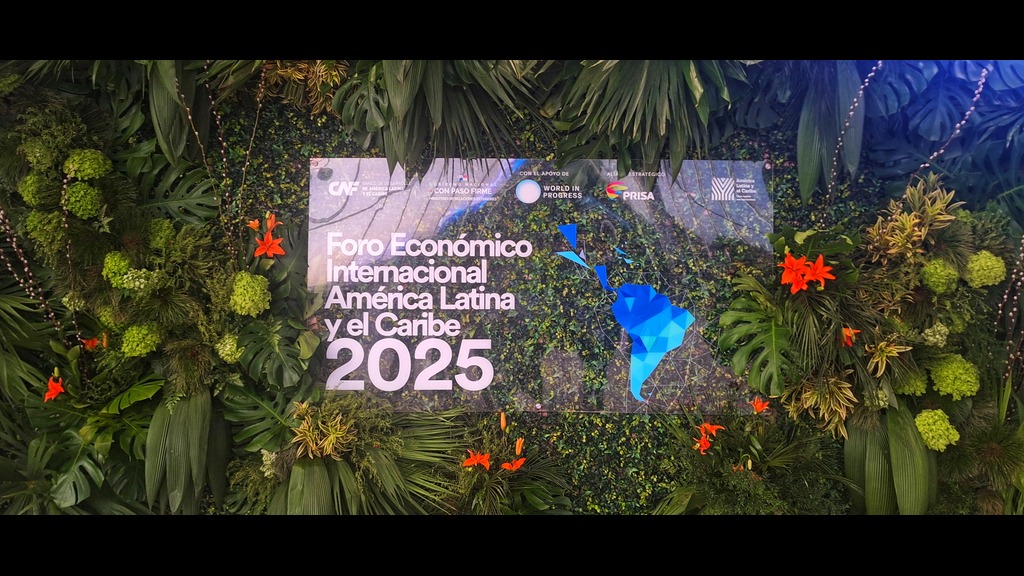The Development Bank of Latin America and the Caribbean (CAF) has conducted its first comprehensive study on the region’s infrastructure needs, revealing significant gaps in energy, transport, water, sanitation, and ICT sectors across 15 CARICOM member states.
A preview of the report, titled *“Sustainable Pathways: Addressing Infrastructure Needs in the Caribbean,”* was presented on January 29 at CAF’s inaugural International Economic Forum in Panama City by Walter Cont, CAF’s Director of Socioeconomic Research.
Using a “traffic light” system to assess infrastructure gaps, the report highlights key areas requiring investment and recommends improved regional cooperation, climate resilience, and modernized regulatory frameworks.
One of the most pressing issues identified is the high cost of electricity across the Caribbean, largely due to dependency on fossil fuels. Grenada has the highest electricity prices at over US$0.45 per kilowatt-hour, while Trinidad and Tobago enjoys the lowest at just under US$0.05. Despite the high costs, access to power remains widespread and reliable.
Water rates are generally affordable due to subsidies, but concerns about water scarcity persist. The study suggests that Caribbean nations must prioritize resilient infrastructure that can withstand natural disasters and external shocks.
“The key recommendations focus on seeing mitigation as a development opportunity, investing in resilient infrastructure, modernizing governance and regulatory frameworks, and fostering regional coordination,” Cont stated.
CAF has pledged to assist Caribbean nations in implementing these recommendations, leveraging its extensive experience with infrastructure projects in Latin America.
The full report, detailing policy actions and investment opportunities, is set for release in March.




